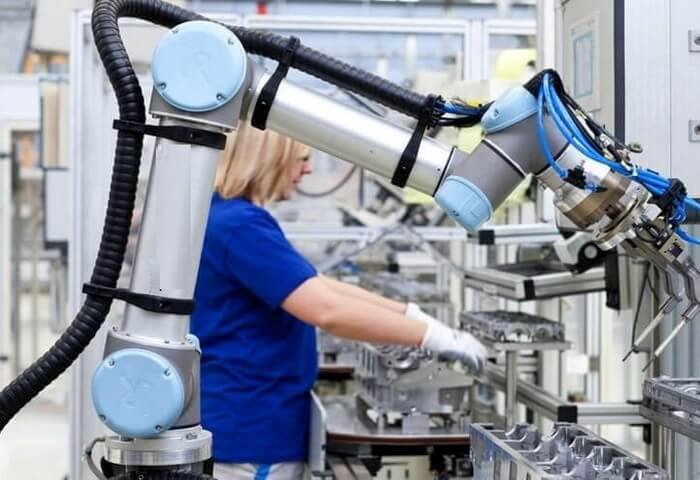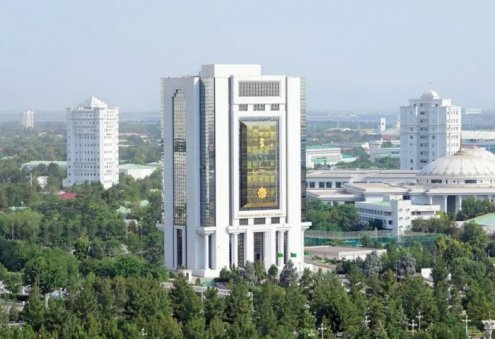The mechanization of production boosts the profit margins of companies by increasing output and reducing production costs. This gives businesses a competitive advantage in local and global markets.
Robots are already used all over the world, especially in the manufacturing sector. China alone installed more than 243,000 new robo units last year. This corresponded to an annual increase of 45 percent and was also an all-time high. According to statistics from the International Federation of Robotics (IFR), more than three million industrial robots are said to be in use worldwide. Humanoid assistants such as the Tesla Bot (also known as Optimus), which Elon Musk has announced for next year, are not yet included in these figures.
If we look at the number of industrial robots per 10,000 workers below, we can see that governments are investing heavily in automating jobs.
Number of robots per 10,000 workers for 2014
- USA: 164
- Germany: 292
- South Korea 478
- China: 36
Number of robots per 10,000 employees for 2016-2017
- USA 189 (15 percent increase compared to 2014)
- Germany 309 (5.9 percent increase compared to 2014)
- South Korea 631 (32 percent increase compared to 2014)
- China: 68 (88 percent increase compared to 2014)
Number of robots per 10,000 employees for 2019
- USA: 228 (20.6 percent increase compared to 2016-2017)
- Germany: 346 (12 percent increase compared to 2016-2017)
- South Korea 868 (37.5 percent increase compared to 2016-2017)
- China: 187 (175 percent increase compared to 2016-2017)
Looking at the numbers above, the automation of production has increased exponentially, especially in Asian countries. In addition, mechanization and automation of production have been important for governments in recent years. Mechanization plays a key role for all states and even more so for less developed countries.
In economic development, digitalization and especially robotics and artificial intelligence have the potential to accelerate growth. The idea that AI will accelerate economic development in unexpected ways is based on the assumption that AI will find ways to address issues that will take humans much longer to solve. Production on larger scales and the concept of the 'dark factory' is evolving. Robots are widely used not only in production but also in service, maintenance and distribution.
Nurmyrat Mommayev,
PhD Candidate at Marmara University's Department of Political Science and International Relations in Istanbul, Turkey


















